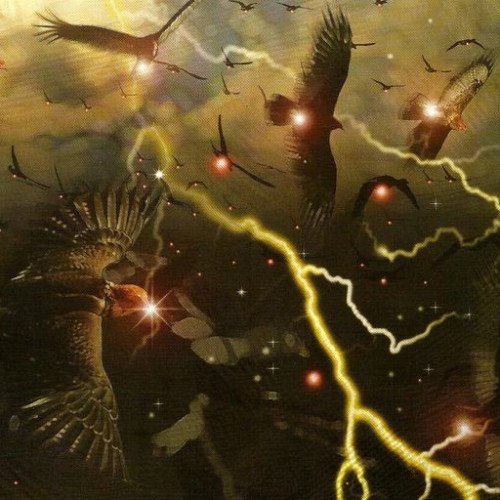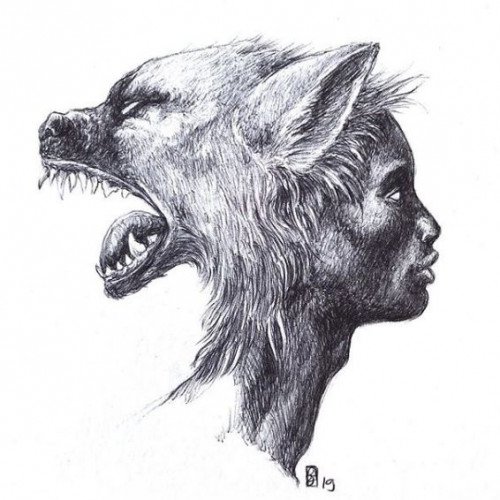Ababil (mythology) VS Kishi (folklore)

Ababil (mythology)
Ababil (Arabic: أبابيل, romanized: abābīl) means a flock of birds. It refers to the miraculous birds in Islamic belief mentioned in Sura 105 of the Quran that protected the Kaaba in Mecca from the Aksumite elephant army of Abraha, then self-styled governor of Himyar, by dropping small clay stones on them as they approached. In the translation of sahih international, the phrase "tayran abābīl(a)"(طَيْرًا أَبَابِيلَ) is translated as "Birds in flocks" that is mentioned in the verse 105:3. The event is said to have occurred in 570, the year that the Islamic prophet Muhammad was born.
Statistics for this Xoptio

Kishi (folklore)
The kishi is a two-faced demon in Angola. According to legend, a kishi has an attractive human man's face on the front of its body and a hyena's face on the back. Kishi are said to use their human face as well as smooth talk and other charms to attract young women, who they then eat with the hyena face. The hyena face is said to have long sharp teeth and jaws so strong they cannot be pulled off anything it bites. The word kishi, nkishi, or mukisi means "spirit" in several Bantu languages spoken in Zaire, northern Zambia, and Angola.